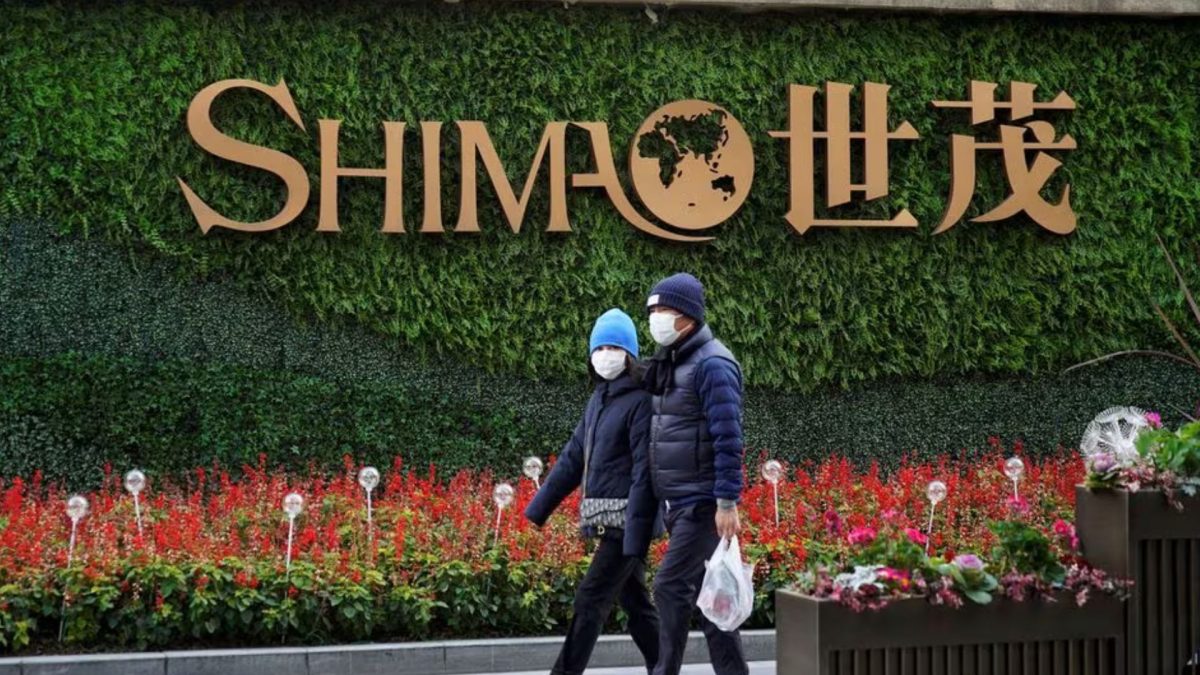Beijing: China’s Nobel laureate Liu Xiaobo, who died while in custody following a battle with cancer, was cremated on Saturday, officials said.
The 61-year-old human rights activist died due to multiple organ failure following a battle with liver cancer on Thursday. Family members and friends of Liu bade farewell to him in northeast China’s Shenyang city, officials were quoted as saying by the local media.
After the farewell, Liu’s body was cremated in accordance with the will of his family members and local customs, state-run Xinhua news agency reported. Prior to the cremation, a simple ceremony was held with the attendance of Liu’s wife Liu Xia and his friends, the report said.
Liu, China’s best-known human rights prisoner, was granted medical parole in June after receiving his diagnosis in prison, but China did not let him seek treatment abroad despite Liu’s wishes and international pressure. The Nobel Peace Prize laureate, who spent his last eight years as a prisoner of conscience died at a hospital in Shenyang, China.
Liu’s death led to international criticism of China’s handling of the issue. The leader of the Norwegian Nobel committee Berit Reiss-Andersen said the Chinese government bore a “heavy responsibility” for Liu’s death.
On Friday, China refuted criticism of the treatment meted out to Liu, saying that awarding the Nobel Peace Prize to him amounted to “blasphemy” and lodged protests with several countries, including the US, for making “irresponsible statements” on the death of the prominent dissident. Answering a barrage of questions over the death of Liu, Chinese Foreign Ministry spokesman Geng Shuang said China had lodged protests with “certain countries” for interfering in its “judicial sovereignty”.
“Liu is a prisoner who was sentenced to imprisonment in accordance with Chinese law… Conferring the prize to such a person goes against the purposes of this award. It’s a blasphemy of the peace prize,” Geng said, referring to the Nobel Peace Prize awarded to Liu in 2010.
China has lodged a protest with the US to show its dissatisfaction following remarks from Washington about Liu’s death, he added.
Geng specially targeted UN High Commissioner for Human Rights Zeid Ra’ad al Hussein for his statement that Liu “devoted his life to defending and promoting human rights, peacefully and consistently, and who was jailed for standing up for his beliefs.” The UNHCR chief “should respect the judicial sovereignty of China and not interfering in China’s internal affairs. He should fulfil his duties in objective and fair manner. I can tell you that we also made representation with him for his above-mentioned remarks,” Geng said.
Liu had been transferred from prison last month, where he was serving an 11-year term for “subversion”.
Geng also said China would not make a prejudgement about whether Liu’s widow, Liu Xia, who has been kept under house arrest since 2010, would be allowed to go overseas as demanded by several countries and human rights groups.
Liu Xia, whose current whereabouts are unknown, is said to be suffering from depression after spending years under house arrest and heavy surveillance. She was allowed to visit her husband in hospital.
Germany, the UK, France, the US and Taiwan have called for China to allow Liu Xia to travel and leave the country if she wishes.


)




)
)
)
)
)
)
)
)